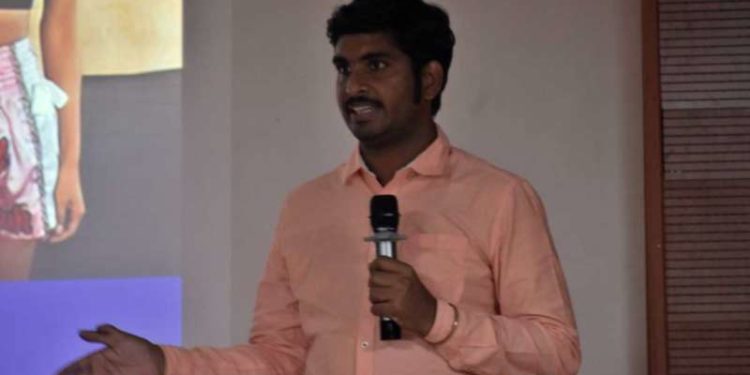On May 12, the country woke up to the horrors of the death of a 21-year-old Anjana Hareesh also known as Chinnu Sulfikar. Her death has opened a can of dangerous misconceptions about the LGBTQ+ community and the immoral gay conversion techniques behind it. Chinnu had come out to her parents as a bisexual which was utterly shocking to them. Through a Facebook video, the young girl revealed that she was forcibly taken to a de-addiction center where she was physically and mentally tortured. The video also had Chinnu state that her parents believed the treatment would ‘cure’ her bisexuality.
The Supreme Court on September 6, 2018, in a historic verdict, decriminalised Section 377 of the Indian Penal Code (IPC). Even after the SC ruled that consensual adult gay sex is normal and any particular sexual orientation is natural, discredited conversion techniques still exist. India’s anti-gay law was struck down almost two years ago and yet queer people are often forced to change their sexual orientation. Forcing or trying to change the sexual orientation of an individual, is a serious breach of their autonomy as a homosexual. It is punishable under section 108 of The Mental Healthcare Act, 2017.
We asked insights on the issue from Shivakumar Lanka, the Co-Founder of Nestam a volunteer nonprofit organisation that supports the LGBTQ+ community in Vizag.
“Gay conversion is the treatment given to individuals who identify themselves as queer. The treatments involve electric shocks which are repeatedly induced on an individual until they are forced to agree that they are no more a homosexual,” says Shivakumar.
“Unfortunately, parents in our country are often not welcoming enough when their child ‘comes out’. It is still considered as a derogation to the prestige of the family. Desperate to treat it, they force the children into gay conversion. Hence, many quacks or doctors claim they can treat homosexuality without any fear of being punished as they are confident that neither the victim nor the parents will complaint against them,” he added.
According to the guidelines of WHO and the Indian Psychological Association (IPA), the misconception that an alternate sexual orientation is a disease was struck down. The WHO: Gender. Equity and Human Rights (GER), FAQ on health and sexual diversity clearly states that homosexuality is no longer a mental disorder, “ Lesbian women and gay men were once commonly grouped as homosexual, but this term is no longer used as it has a history in the wrongful pathologising of people with non-heterosexual orientations as a mental health disorder.” It further adds, “… everyone – regardless of their sexual orientation and gender identity (as well as race and age) – is entitled to enjoy the same rights, free from violence and discrimination.”
People often mistake homosexuality to be a mental disorder and adopt dangerous techniques to alter it. What they don’t understand is the psychological, physiological, and emotional trauma the individual has to go through. Most often, this leaves them with a disturbed mind. Conversion therapy further enforces already existing stigma in people with a homosexual orientation. Hence, this composite of their perception of discrimination and forcing these therapies on individuals violates the principles of justice.
In terms of awareness people have towards homosexuality Lanka says, “a large chunk of the population understands the LGBTQ+ community as Hijras and are often referred with derogatory words. The print and electronic media can play a major role in bringing proper information and stories about the queer community with their proper identities mentioned.” Rural India is still not fully aware of the LGBTQ+ community. Only when stories of their fight and struggles are brought forth instead of ignoring, will it become a discussion topic in every household.
“Some of the LGBTQ+ communities that run NGOs make it a point to go to schools and colleges and create awareness among the students about these identities. People who wish to know about the queer community are welcome to approach any of the LGBTQ+ communities near their location. A lot of misconceptions can be cleared with genuine information from the members themselves,” added Lanka.
Disclaimer: The views expressed are the author’s own.










Discussion about this post